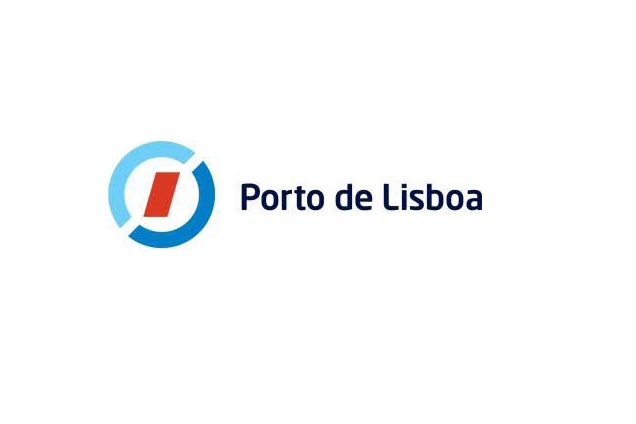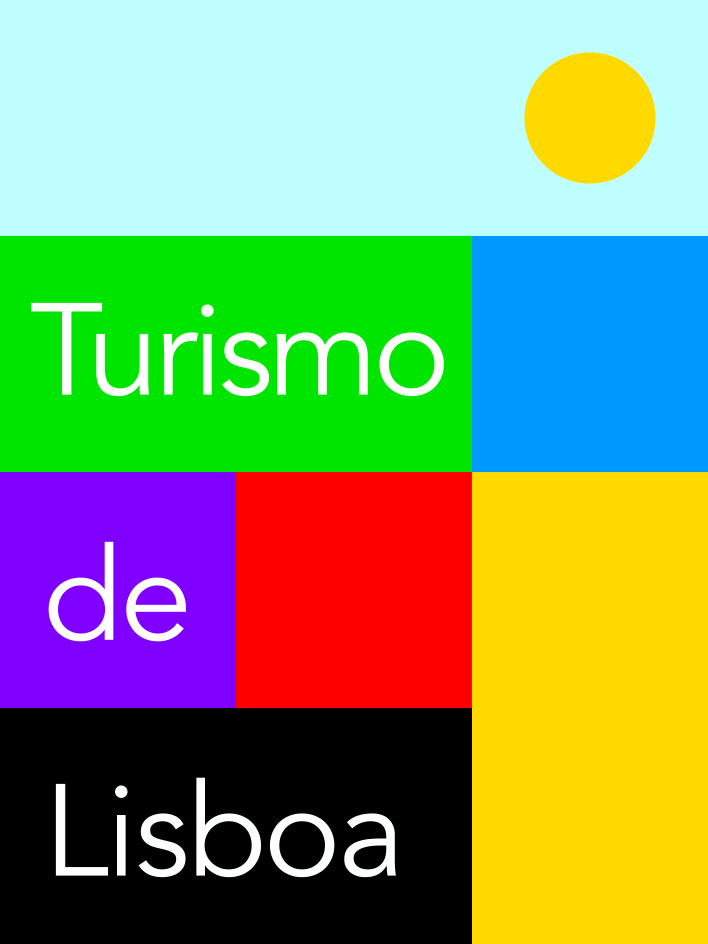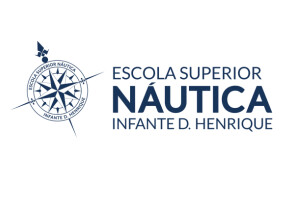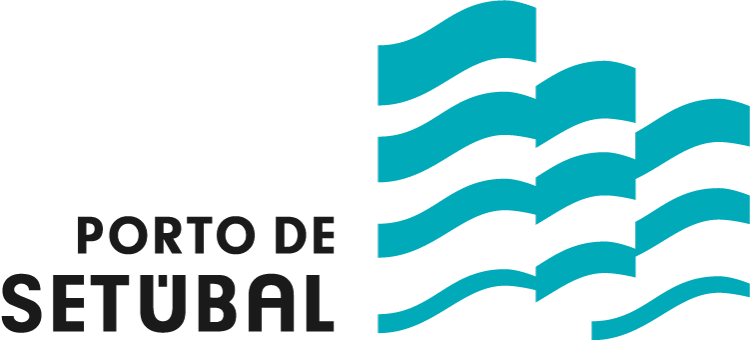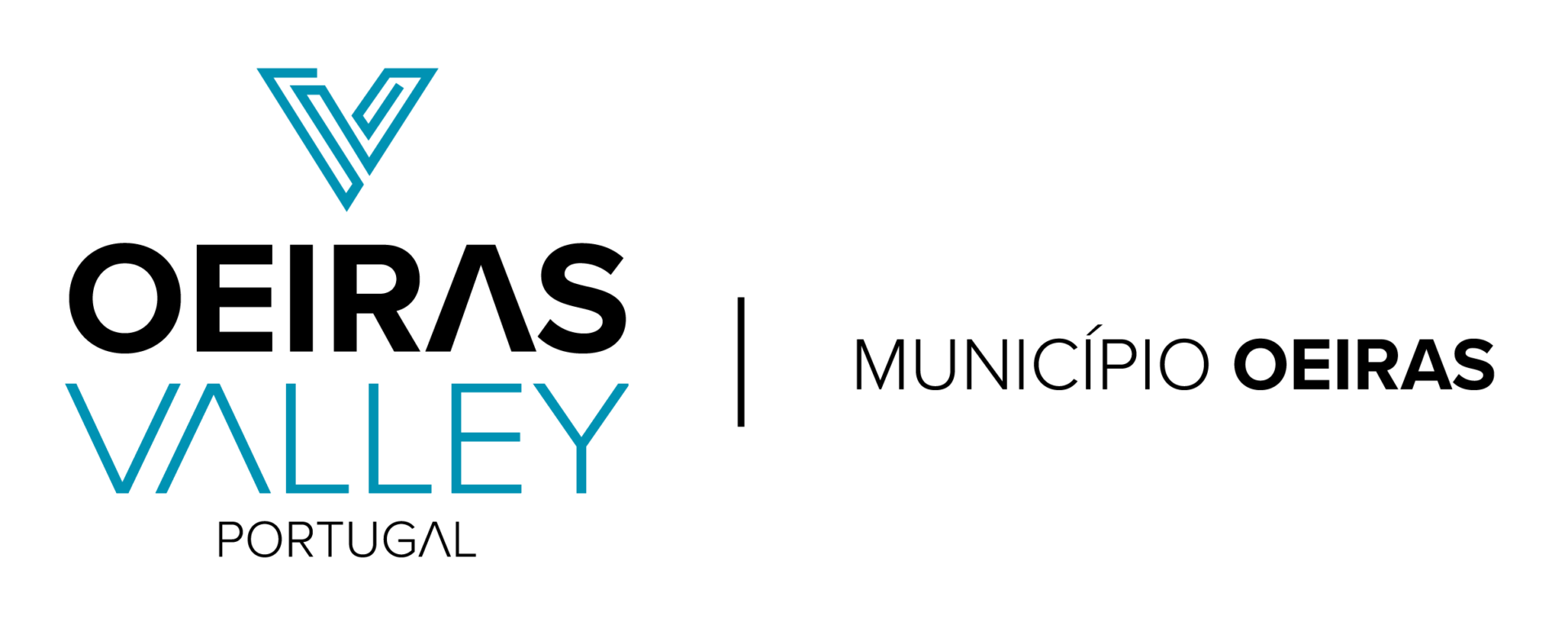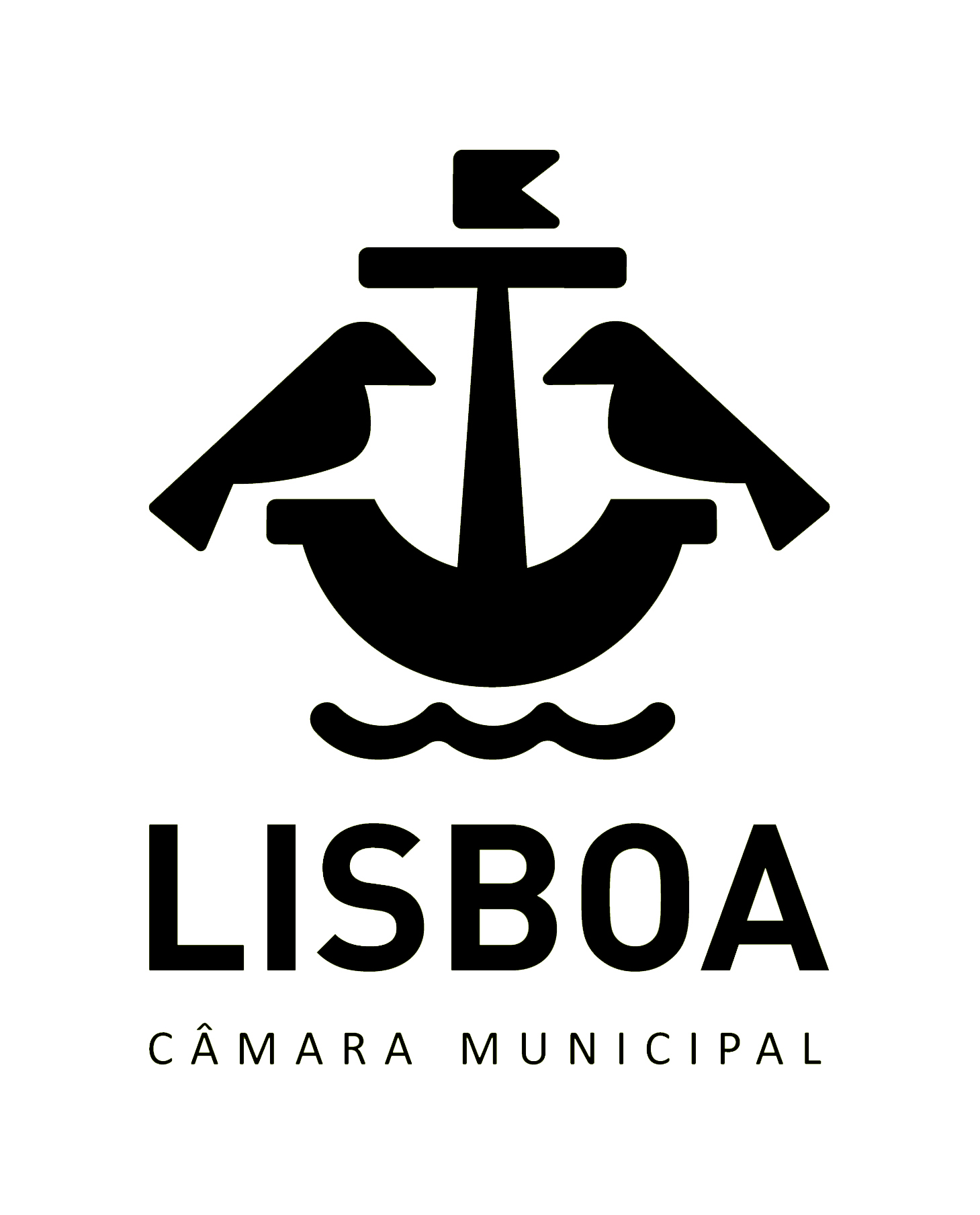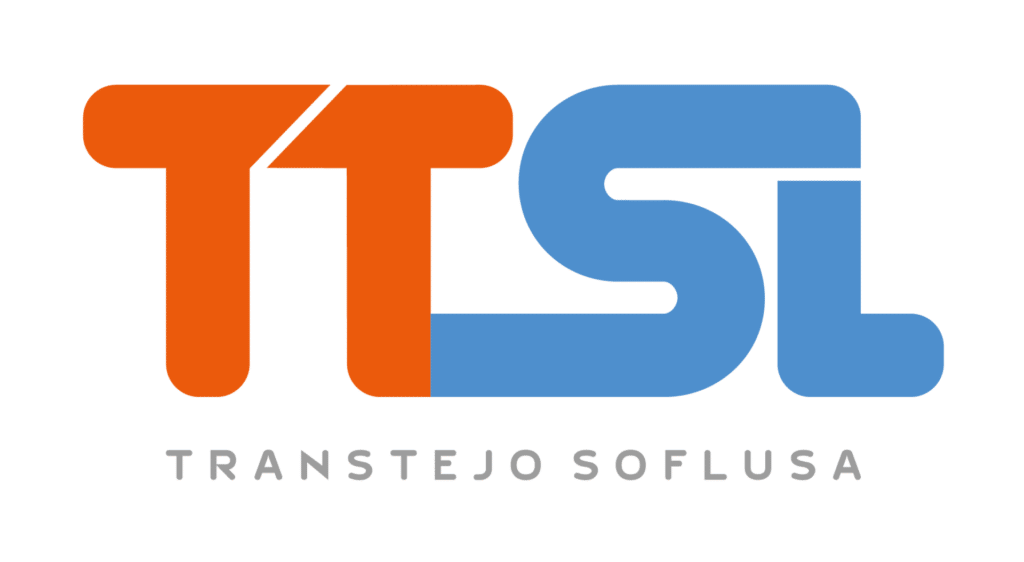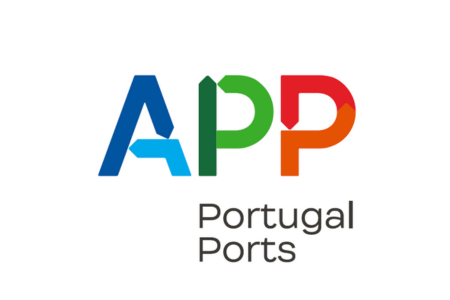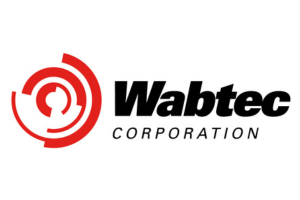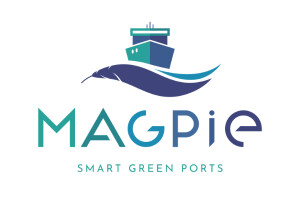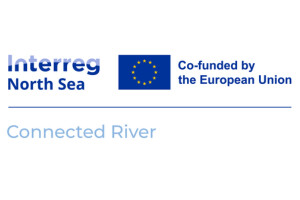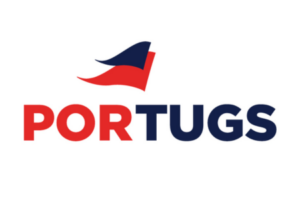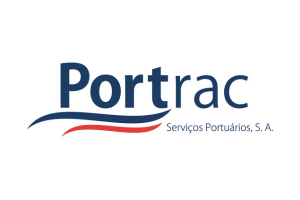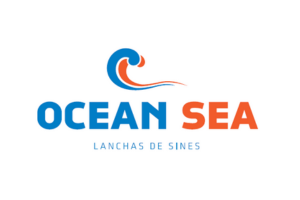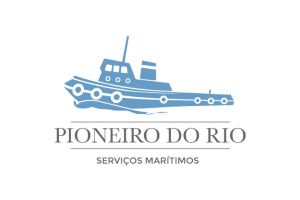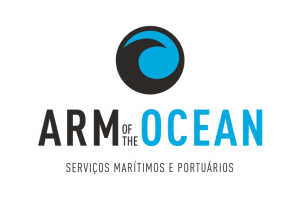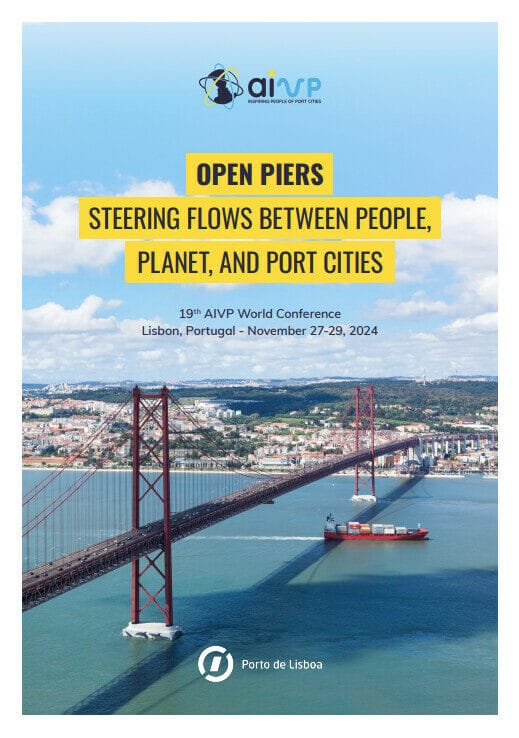
The publication with the main takeaways of the 19th World Conference Cities and Ports is now available!
Relive the debates that occurred in Lisbon and reflect on the key ideas shared by our experts! The publication can be dowloaded below.
Open piers
27, 28 & 29 November 2024, Lisbon, Portugal
Piers are the ultimate interface between land and water. They are the connection between port cities and the planet. Their accessibility has been a key indicator for the evolution of the port-city relationship. They changed from being accessible in the past, to gradually becoming off-limits. Fortunately, there is an ongoing tendency to reopen the piers, establishing a new kind of port-city relationship. How permeable are these relationships today? What flows are shaping these interactions? How are port cities presenting local answers to global trends? How do they fit together? And how are ports reopening their piers?
Climate change is modifying how society relates to rivers, coasts, and seas. Geopolitical tensions affect cargo flows, with consequences on port activities and their surrounding territories. Demographic pressure in coastal areas is increasing[1]. Biodiversity loss is a serious threat. Port cities are pivotal in accelerating certain transitions but also striking a balance, between the flows of freight, ideas, capital, energy, information, and knowledge.
Port city stakeholders must get through this period of uncertainty while also listening to their citizens. The development of new technologies must integrate social commitments. The inhabitants of port cities must be able to embrace the port as an integral part of their identity. They need to feel that their quality of life is an absolute priority. Otherwise, any attempts to achieve real change will have no impact.
All these issues and challenges are shaping new relationships and flows between the people, the planet, and port cities.
In Lisbon, from the 27th to the 29th of November 2024, we dug deeper into the opportunities that a renewed mindset towards the port-city relationship was bringing. We discussed the resolutions taken in global fora, such as the 29th COP of the UNFCCC, the UN Ocean Conference, and the G20 meetings, and the impacts they had on creating a healthier environment in port cities.
We analyzed the impact and technologies that the energy transition had on port operations and the port city landscape. We learned about the opportunities linked to the blue economy and how it was redefining the role of ports and port authorities. We examined innovative solutions and norms to protect the environment. We talked about new forms of port city governance and the socio-cultural integration of ports. We also analyzed the new configurations of port-city interfaces, in rivers and seaports, responding to climate change, and we explored how activities generating important flows, such as cruises, could be integrated into port cities.
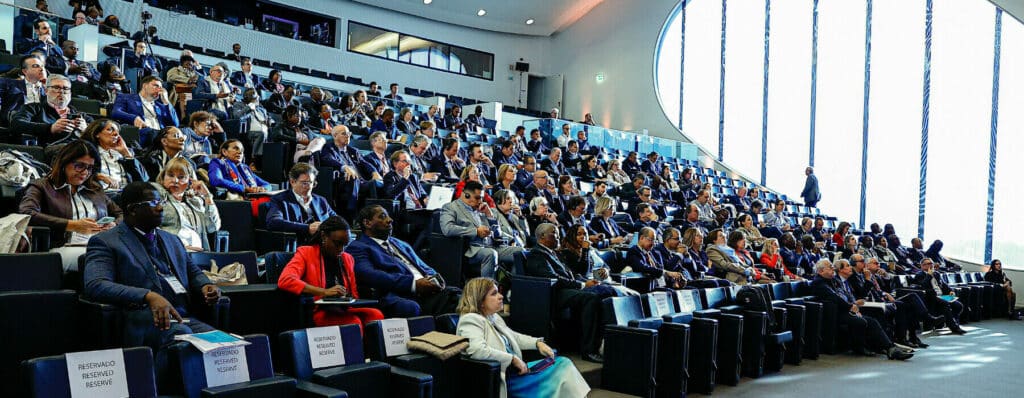
For all partnership requests, please contact:
Anas LAANI
Mail: alaani@aivp.org
Tel: +33 (0)2 35 42 76 54

